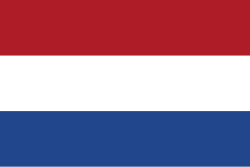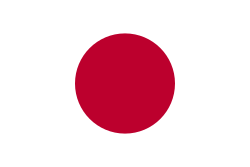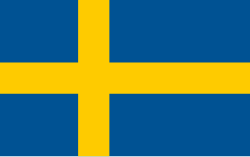FIA Sportscar Championship
| FIA Sportscar Championship | |
| Allmän information | |
|---|---|
| Kategori | Sportvagnsracing |
| Länder/region | |
| Antal säsonger | 7 |
| Första säsong | 1997 |
| Sista säsong | 2003 |
| Senaste mästare (2003) | |
| Förare (SR1) | |
| Team (SR1) | |
| Konstruktör (SR1) | |
| Hitta fler artiklar om bilsport med Bilsportportalen | |
FIA Sportscar Championship var ett europeiskt sportvagnsmästerskap som hölls mellan 1997 och 2003.
Historik
Sedan sportvagns-VM kollapsat efter säsongen 1992 försvann i stort sett racing med sportvagnsprototyper från Europa. I USA däremot fortsatte tävlingarna i IMSA GT Championship med enklare, öppna bilar. 1997 introducerade John Mangoletsi International Sports Racing Series, en europeisk serie med öppna prototyper enligt IMSA:s modell. Bilarna tävlade i två klasser: SR1 med motorer på 6 liter och SR2 med motorer på 3 liter. De första åren dominerades den stora klassen av Riley & Scott och Ferrari 333 SP.
1999 sanktionerades serien officiellt av FIA och döptes om till Sports Racing World Cup. Under dessa år kördes även tävlingar utanför Europa, i Sydafrika och USA.
2001 togs serien över helt av FIA och döptes nu till FIA Sportscar Championship. FIA inledde ett samarbete med amerikanska Grand American Road Racing Association, vilket resulterade i gemensamma tävlingar och ett gemensamt regelverk. FIA Sportscar Championship fick hård konkurrens från American Le Mans Series, som startats 1999. 2003 övergav Grand American det gemensamma reglementet och efter denna sista säsong valde FIA att sanktionera Le Mans Series, som startade 2004, istället.
Mästare
| SR1 | SR2 | ||
|---|---|---|---|
| 1998 | Förare | ||
| Stall | |||
| Konstruktör | - | - | |
| 1999 | Förare | ||
| Stall | |||
| Konstruktör | - | - | |
| 2000 | Förare | ||
| Stall | |||
| Konstruktör | - | - | |
| 2001 | Förare | ||
| Stall | |||
| Konstruktör | |||
| 2002 | Förare | ||
| Stall | |||
| Konstruktör | |||
| 2003 | Förare | ||
| Stall | |||
| Konstruktör | |||
Källor
- wsrp.ic.cz (engelska)
- www.racingsportscars.com (engelska)
Media som används på denna webbplats
The Flag of Europe is the flag and emblem of the European Union (EU) and Council of Europe (CoE). It consists of a circle of 12 golden (yellow) stars on a blue background. It was created in 1955 by the CoE and adopted by the EU, then the European Communities, in the 1980s.
The CoE and EU are distinct in membership and nature. The CoE is a 47-member international organisation dealing with human rights and rule of law, while the EU is a quasi-federal union of 27 states focused on economic integration and political cooperation. Today, the flag is mostly associated with the latter.
It was the intention of the CoE that the flag should come to represent Europe as a whole, and since its adoption the membership of the CoE covers nearly the entire continent. This is why the EU adopted the same flag. The flag has been used to represent Europe in sporting events and as a pro-democracy banner outside the Union.






